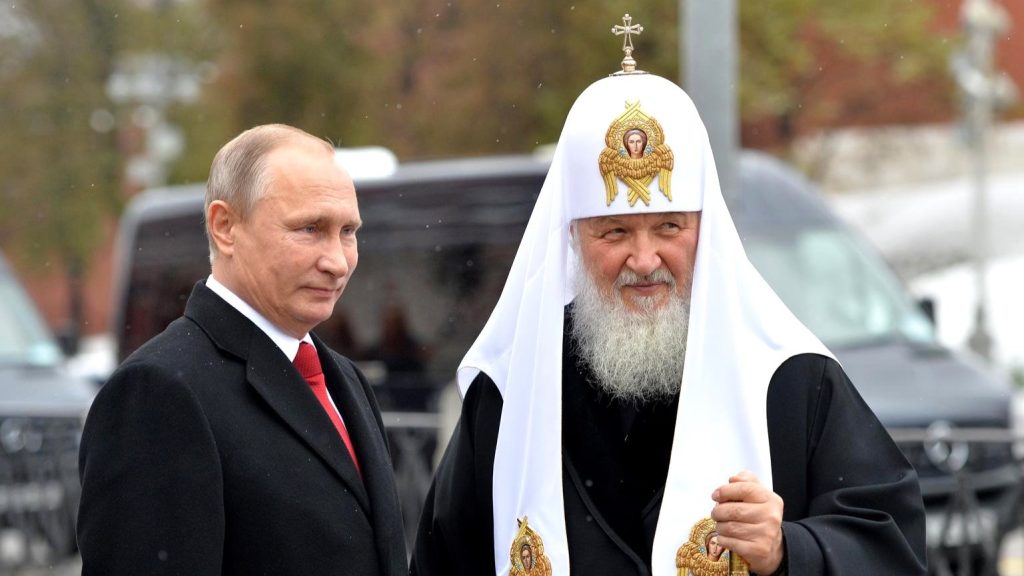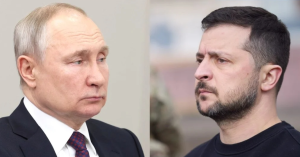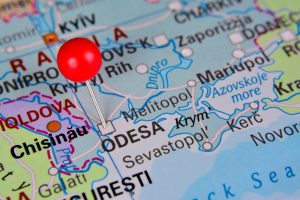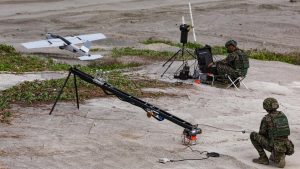Russia does not recognize an independent Ukrainian state, people, or Orthodox Church.
Others are reading now
Religion has become a powerful tool for Russia in its war against Ukraine, with the Orthodox Church playing a prominent role in shaping Moscow’s narrative.
Manupilate Public Sentiment
According to Viktor Yelensky, Ukraine’s representative on religious and ethnic issues, the Russian Orthodox Church is being used to manipulate public sentiment and legitimize aggression, not only against Ukraine but in other neighboring regions as well.
Yelensky emphasized that Russia does not recognize an independent Ukrainian state, people, or Orthodox Church. He argues that Russia’s leadership leverages religion to undermine Ukraine’s identity and assert its influence.
Moscow’s stance suggests that Ukraine’s aspirations for an independent Orthodox Church are seen as a threat to Russian control, according to Digi24.
Also read
Supporting the War
For centuries, the Russian Orthodox Church has promoted an exclusive form of Orthodoxy that frames Western influence, including Catholicism and Protestantism, as a threat.
Yelensky points out that this perspective is reinforced through hybrid warfare, with religious propaganda acting as a tool to maintain Moscow’s ideological grip.
“The Russian Church’s power has been built on centuries of poisoning minds against anything non-Russian,” Yelensky said, noting that this tactic has spread to countries like Moldova.
The conflict has brought increased attention to the Ukrainian Orthodox Church’s attempts to separate from the Moscow Patriarchate.
According to Yelensky, around 400 Ukrainian priests have already called for a complete split from Moscow. Many Ukrainian clergy argue that the Russian Church’s support for the war has eroded its moral authority, likening some of its statements to extremist rhetoric.
Ukraine’s parliament recently passed legislation to limit the Moscow-affiliated church’s influence, framing this as a move to protect national security.
Meanwhile, the Ukrainian government supports the establishment of independent Orthodox institutions that reflect the diversity and autonomy of its people, including communities that preach in languages such as Romanian.








